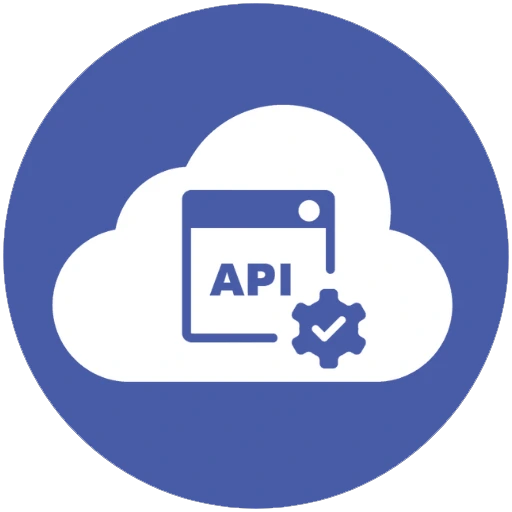APIs (Application Programming Interfaces) serve as essential connectors for seamless data exchange between software systems. However, they are susceptible to vulnerabilities, such as cross-site scripting (XSS), which can compromise the integrity of the API and expose users to malicious attacks. Cross-site scripting occurs when attackers inject malicious code into web applications, which is then executed in the user's browser, leading to unauthorized data disclosure or manipulation. To address this risk, organizations can rely on Cripsa, a powerful security solution that helps mitigate XSS vulnerabilities and enhance the overall security of APIs.
Cross-Site Scripting (XSS) is a significant vulnerability that occurs when an API fails to adequately sanitize user-generated input and properly encode dynamic web content. Exploiting this weakness, attackers inject malicious scripts that execute within the user's browser, enabling them to access sensitive information, carry out unauthorized actions, or manipulate the API's behavior. To address this risk, organizations can rely on Cripsa, a powerful security solution designed to mitigate XSS vulnerabilities and enhance the overall security of APIs.
Cripsa (Content Restrictions & Input Sanitization API) is a comprehensive security tool that assists organizations in addressing cross-site scripting vulnerabilities. Cripsa incorporates a range of powerful features and techniques to sanitize and validate user input, preventing the execution of malicious scripts and enhancing the security of the API.
Resolving Cross-Site Scripting Vulnerabilities with Cripsa
Input Validation and Sanitization: With Cripsa, organizations benefit from robust input validation techniques, including regular expressions and white-listing, which ensure that user input conforms to expected formats and structures. Furthermore, Cripsa sanitizes input by eliminating or encoding potentially harmful characters, effectively thwarting the execution of malicious scripts. By implementing these measures, Cripsa fortifies the API's security by preventing the exploitation of input vulnerabilities and mitigating the risk of cross-site scripting attacks.
Output Encoding: Cripsa promotes secure output encoding practices, ensuring that any user-generated content or API responses are properly encoded to prevent the browser from interpreting them as executable code. By encoding output, Cripsa safeguards against XSS attacks that attempt to inject and execute malicious scripts.
Context-Specific Sanitization: Cripsa identifies and applies context-specific sanitization techniques to different parts of the API response, such as HTML, CSS, JavaScript, or URLs. This targeted approach ensures that the appropriate sanitization methods are applied based on the expected usage and prevents XSS vulnerabilities specific to each context.
Content Security Policy (CSP): Cripsa facilitates the implementation of Content Security Policies, which define rules for browser behavior regarding the handling of content. By configuring a robust CSP, organizations can restrict the execution of potentially malicious scripts, mitigating the impact of XSS attacks.
Security Testing and Monitoring: Cripsa offers security testing and monitoring capabilities, enabling organizations to regularly scan their APIs for potential vulnerabilities, including XSS. By identifying and addressing any security gaps, organizations can proactively enhance their API security posture and ensure continuous protection against XSS threats.
 SSO SAML 2.0
SSO SAML 2.0
 OAuth 2.0
OAuth 2.0
 Multi Factor Authentication
Multi Factor Authentication
 PasswordLess
PasswordLess
 WhatsApp
WhatsApp
 M2M API Security
M2M API Security
 Secret Manager
Secret Manager
 Role Based Access Control
Role Based Access Control
 Audit Log
Audit Log
 User Session Management
User Session Management











